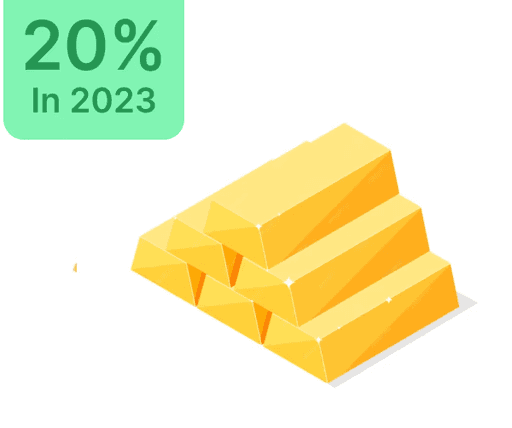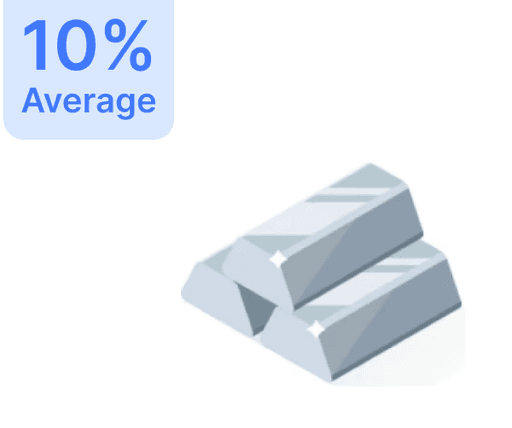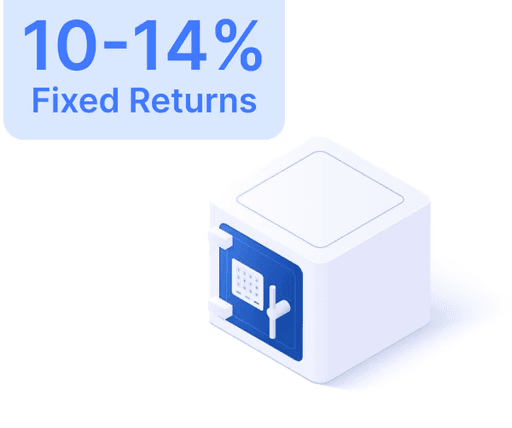
What You Need to Know About Mutual Funds in 2023

 Jun 17, 2024
Jun 17, 2024 7 Mins
7 Mins### Mutual Funds: Essential Insights
Mutual funds have emerged as a sought-after investment vehicle for individuals aiming to build wealth over time. So, what are mutual funds, and how do they function?
A mutual fund is an aggregated investment tool that gathers capital from numerous investors to purchase a diversified portfolio of securities including stocks, bonds, or money market instruments. Managed by professional fund managers, these funds make strategic investment decisions for the investors.
One significant advantage of mutual funds is diversification. By pooling resources, these funds spread risk across various securities, minimizing the impact of a single investment's performance on the entire portfolio.
Several types of mutual funds are available, catering to distinct investment goals and risk profiles, such as equity funds, debt funds, and hybrid funds. Equity funds mainly invest in stocks and are ideal for those pursuing higher returns in the long run. Debt funds allocate resources to fixed income instruments like bonds, offering lower risk. Hybrid funds combine investments in both stocks and bonds, striking a balance between risk and return.
Selecting the right mutual fund requires an evaluation of your investor profile. Are you inclined towards risk-taking or do you prefer caution? Is your investment horizon long-term or aimed at short-term objectives? Knowing your investor personality is crucial for choosing a mutual fund in line with your goals and risk appetite.
Post-selection, continually monitoring your portfolio’s health is essential. This involves reviewing pivotal factors such as performance against benchmark indices, exposure to volatile assets, diversification levels, and credit risk. ET Money’s portfolio health check tool can assist in spotting potential risks and implementing necessary measures.
In summary, mutual funds offer an effective avenue for investors seeking to amplify wealth over time. Investing in a varied portfolio managed by experts can mitigate risk and potentially yield greater returns. Regular portfolio assessments ensure alignment with your investment objectives and risk profile. Utilize ET Money’s health check tool for informed investment decisions and to enhance your returns.
*[PFRDA]: Pension Fund Regulatory and Development Authority *[SWIFT]: Society for Worldwide Interbank Financial Telecommunication *[AUM]: Assets Under Management




